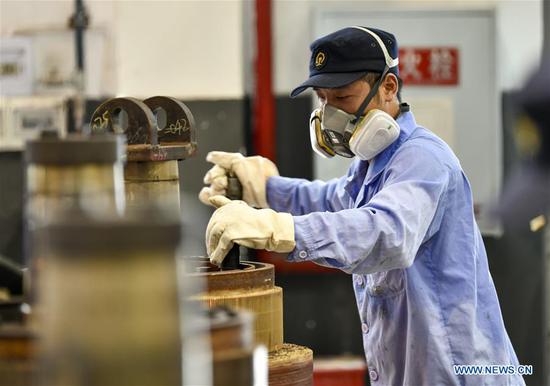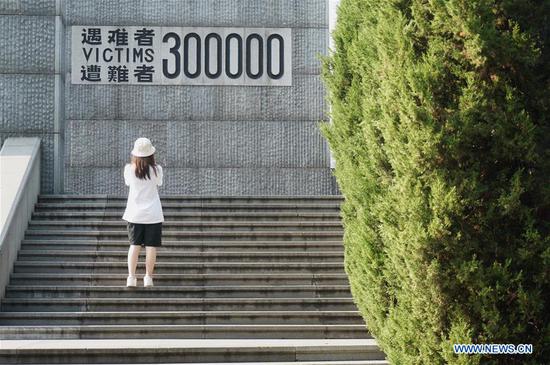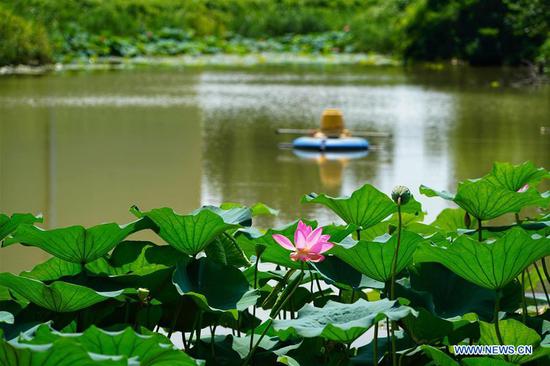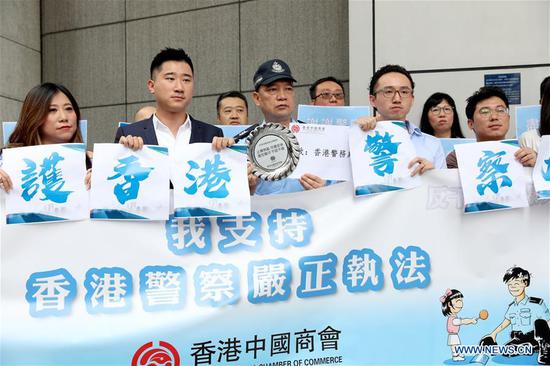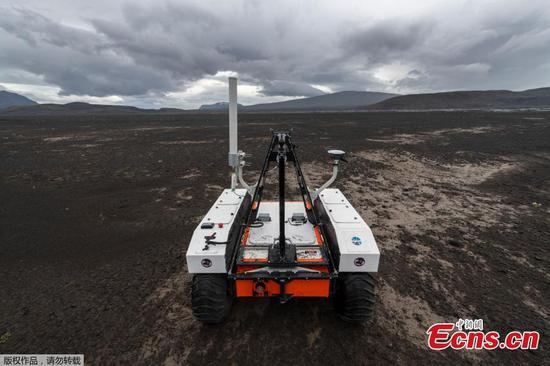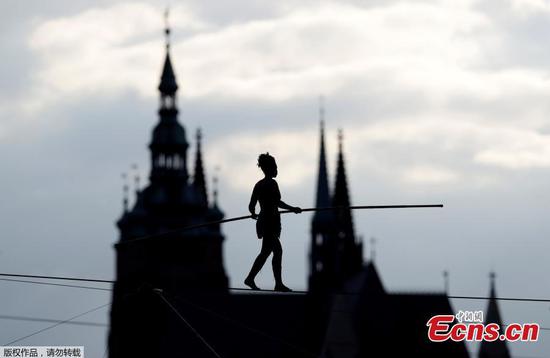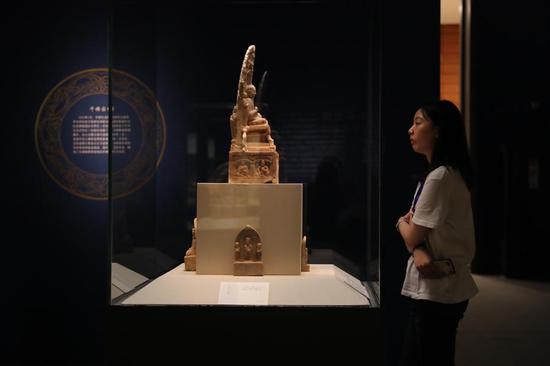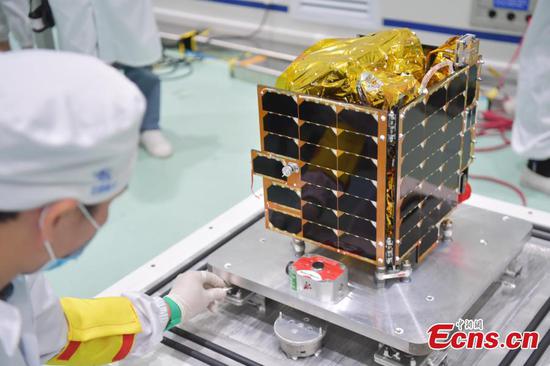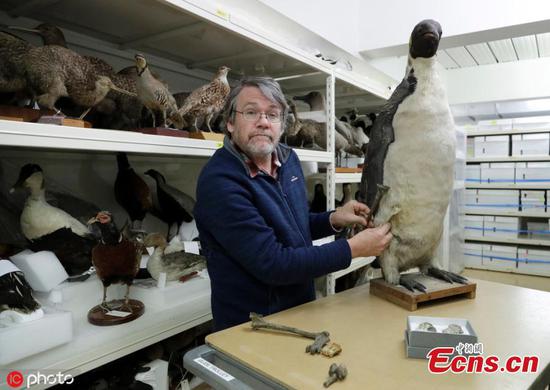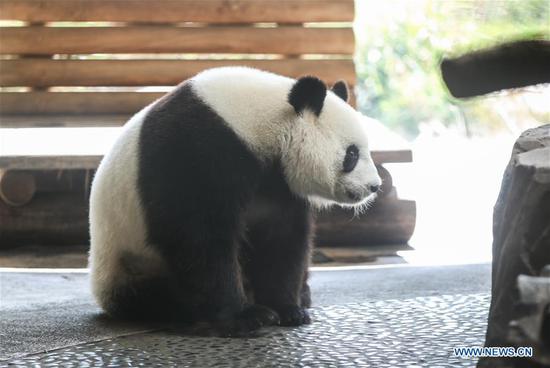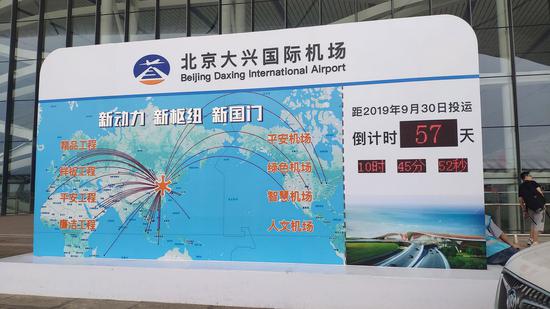
Yu Chengdong, CEO of Huawei's consumer business group, introduces the new HarmonyOS operating system at the news conference in Dongguan on Aug 9, 2019. (Photo/Xinhua)
To solve the challenges, Huawei said it will focus on two aspects-to encourage Chinese app developers to go global and to attract as many overseas app developers as possible.
Zhang Pingan, president of cloud services at Huawei's consumer business group, said the company has years of experience in more than 170 countries and regions, and it will share such experience, including knowledge about local laws, rules and cultural traditions as well as marketing know-how, with domestic app developers.
Huawei also plans to unveil its own mapping service in October in case of a long-term inability to access Google Maps. Known as Huawei Map Kit, it is not directly for consumer use, but is designed to encourage software developers to come up with applications based on its mapping capabilities.
Russian internet heavyweight and mapping service provider Yandex and US travel aggregator website Booking Holdings are among the software companies that are partnering with Huawei on the mapping service.
Thijs Hodde, director of distribution partnerships at Booking, said the company has been cooperating with Huawei for five years and looks forward to expanding such cooperation.
Zhang from Huawei said the company will also significantly reduce its cut from transactions on the platform and let application developers enjoy more profits than Apple and Google do on their Android and iOS app stores.
Huawei is not the first Chinese company to try to develop an operating system. Internet giant Alibaba Group made a similar push, but it failed.
"Compared with internet companies, Huawei's giant hardware base provides its biggest edge in promoting HarmonyOS. The company ships about 300 to 400 million units of hardware every year, including smartphones, personal computers and smartwatches," said Xiang Ligang, director-general of the telecom industry association Information Consumption Alliance.
Just one day after the unveiling of HarmonyOS, Huawei launched the first product that is powered by the system-a smart TV called Honor Vision. Because of the ability of HarmonyOS to reduce the response latency of apps by 25.7 percent, Honor Vision can become a center for multi-device interaction and supports the playing of high-definition mobile games on smart TVs with low latency.
But currently, only four video content apps are available on Honor Vision, including Tencent Video and MGTV. The lack of major videostreaming apps including Youku and iQiyi highlights the difficulty in attracting software developers.
Still, analysts said Huawei made the right move by building Harmony into an open-source operating system and allowing it to be compatible with Android from the start.
"This will prevent it from repeating the fate of Microsoft in promoting smartphone systems," said Jia Mo, an analyst at market research company Canalys.











